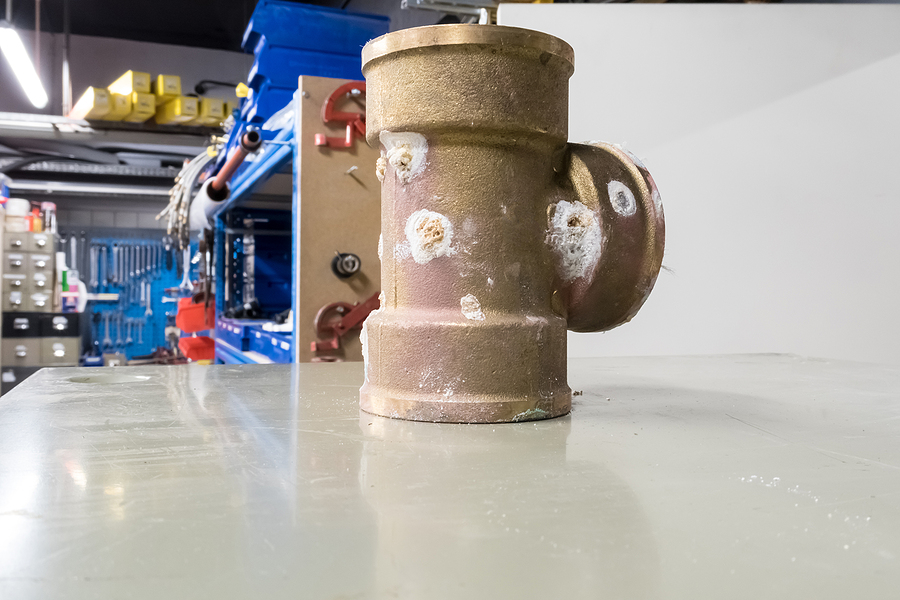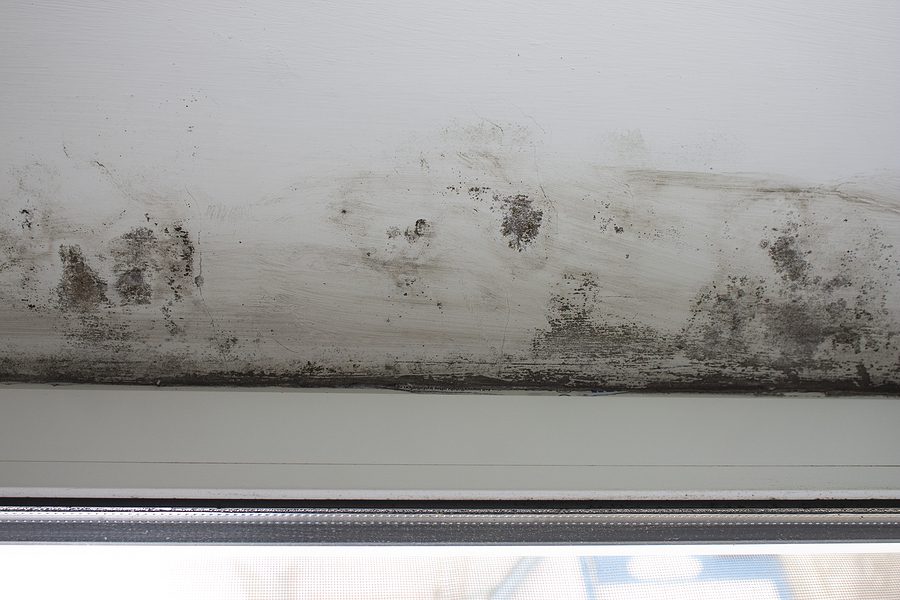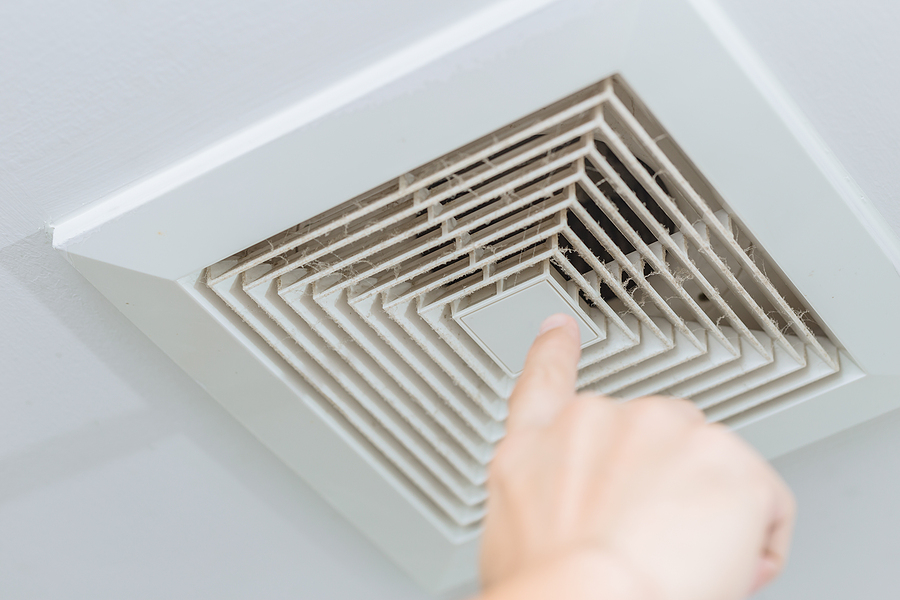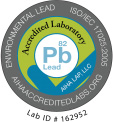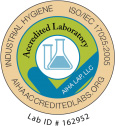
Lead is a naturally-occurring constituent of earth’s crust. Humans have been using lead since the Bronze age, and consequently, in modern times it is one of the best-studied substances. Lead poisoning happens when a human is exposed to lead materials and suffers negative health consequences. Too much lead in the environment can lead to anything from digestive issues to developmental disorders in children. The EPA has set many laws that property owners must abide by in order to prevent lead poisoning. However, there have been a few famous cases that made it into the history books. Here are history’s biggest lead contamination cases.




